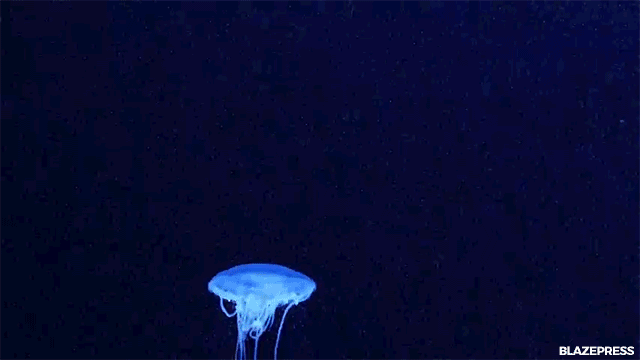Quiz - How Well Do You Know American Inventors
Take our quiz to test your knowledge and even if you do not know all of them, you’ll get a chance to learn about them.
Stargazing: 5 Websites to Keep up with Celestial Events 2020
There is something interesting happening all the time in the cosmos that is worth investigating. In the world of amateur astronomical observation, it’s fun to keep up with current events observable in your area. Here’s a list of places that can help keep you current on what’s going on in the universe for 2020.
The Most Promising Eco-Friendly Inventions
While environmental activism is multifaceted, one aspect of the movement focuses on creating and funding eco-friendly inventions. This article tells about inventions designed to mitigate your carbon footprint as well as a short discussion of the pros and cons of green innovation!
Top 15 Science Discoveries of 2019
These discoveries have not only uncovered many new and interesting things about our world but have also opened up an entirely new world of mysteries and wonders.
Yuriy Kondratyuk: A Ukrainian Mathematician Ahead of His Time
Yuriy Kondratyuk was a Ukrainian engineer and mathematician most known for developing the first known lunar orbit rendezvous. His idea mirrored “mother ship / daughter ship” concept that was ultimately used during the Apollo era.
The Hubble Space Telescope: Our Window to the Universe
There are many varieties of telescopes and all have their places both in the laboratory as well as the everyman’s backyard. But, did you know there is a telescope orbiting Earth right now? Why on Earth would we have telescope orbiting Earth?
The Ice Flows, the Ice Goes
Interestingly, technology exists to monitor said sea ice from space. The European Space Agency’s CryoSat-2 satellite has been in development since the 1990s and was launched in 2010. This satellite carries a first of its kind radar altimeter payload which can provide surveillance of the Arctic Ocean ice cap at latitudes up to 88 degrees North.
Round and Round the Satellites Go
Do you watch satellite television? Enjoy your weather situation being monitored? Have you ever used a satellite telephone? Have you ever thought about how these things are made possible?
Wondering how astronauts train to explore space? Read more about NEEMO!
During NEEMO, astronauts, researchers, and other personnel live completely underwater for extended periods of time. While underwater, they conduct crucial research and experiments to better improve knowledge and understanding of space.










